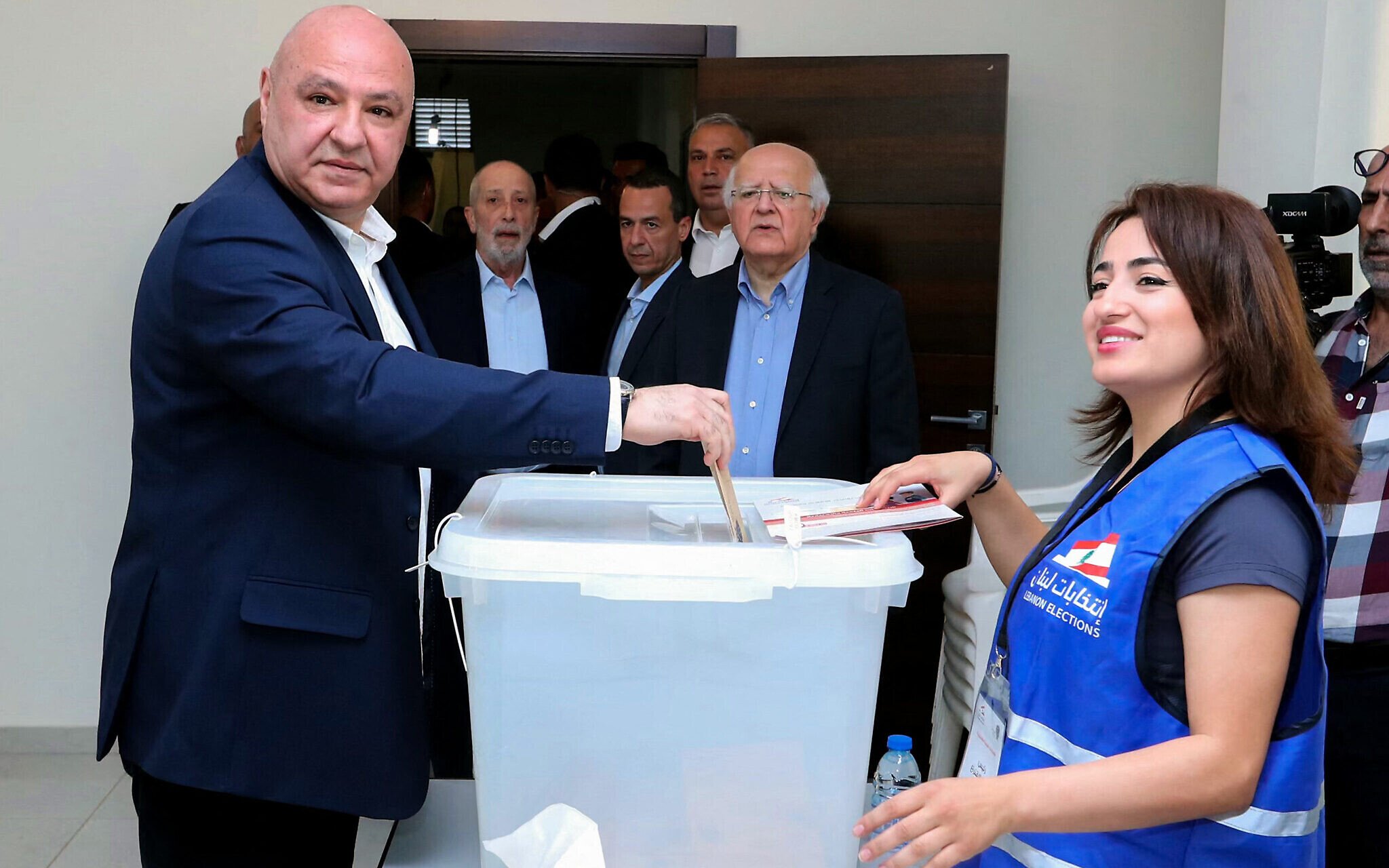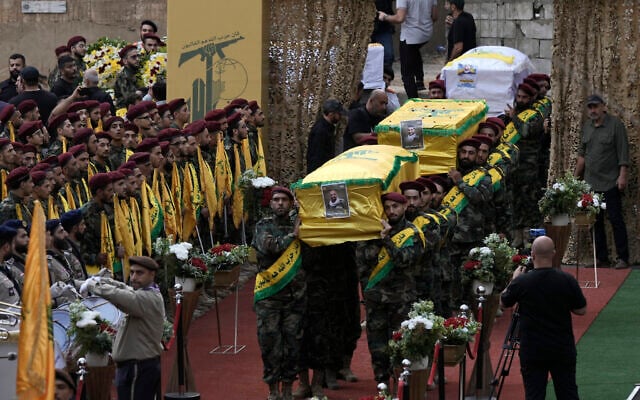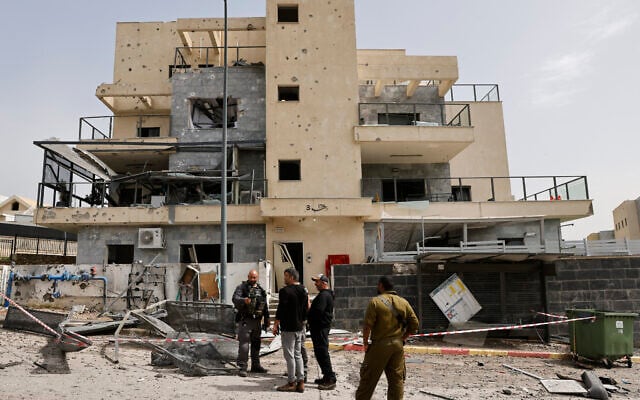



Residents of southern Lebanon voted Saturday in the country’s municipal elections that will test support for Hezbollah in the predominantly Shiite areas, nearly six months after the ceasefire that ended Israel’s war with the Iran-backed terror group, whose leadership was decimated.
Hezbollah is running in an alliance with the Amal group of Lebanon’s powerful Parliament Speaker Nabih Berri. Both are expected to win mayoral races and the majority of seats in municipal councils, and have already won many municipalities uncontested.
South Lebanon is the fourth and last district to vote in the elections since May 4. Among those who voted Saturday were Hezbollah members wounded on September 17, 2024, when Israel blew up thousands of booby-trapped pagers it had covertly sold to the terror group.
The attack, which Israel claimed in November, killed at least a dozen people, including at least two children, and wounded some 3,000 people, crippling Hezbollah’s fighting force ahead of an Israeli invasion some two weeks, which sought to end the terror group’s near-daily rocket fire.
“The will of life is stronger than death and the will of construction is stronger than destruction,” Lebanese President Joseph Aoun said during a tour of southern Lebanon on Saturday. He told reporters in his hometown of Aaishiyah that he voted for the first time in 40 years.
Saturday’s vote came after Israel carried out airstrikes against what the Israel Defense Forces said were Hezbollah targets in southern Lebanon, which the terror group was required to vacate under its November 27 ceasefire agreement with Israel.
The agreement gives Israel the right to act against imminent threats from Hezbollah. The IDF said it had targeted over a dozen Hezbollah targets in Lebanon’s south and the eastern Beqaa Valley on Thursday and Friday, killing an operative of the terror group. The IDF said it had issued evacuation warnings to residents of Toul, near the city of Nabatieh, ahead of attacks there Thursday.
Residents of Lebanese villages and towns on the border with Israel, including the village of Kafr Kila that was almost completely destroyed during the war, cast their ballots at polling stations set up in nearby Nabatieh. Residents of other border villages cast their ballots in the port city of Tyre.
“Southerners are proving again that they are with the choice of resistance,” Hezbollah legislator Ali Fayad, who represents border villages, said in Nabatieh.
Lebanon’s cash-strapped government has been scrambling to secure international funds for the war reconstruction, which the World Bank estimates at over $11 billion.
The war was sparked when Hezbollah, unprovoked, began launching rockets at northern Israel on a near-daily basis starting October 8, 2023 — a day after fellow Iran-backed group Hamas stormed southern Israel to kill some 1,200 people and take 251 hostages, sparking the war in Gaza.
Hezbollah’s sometimes deadly attacks laid waste to Israeli border towns and forced the evacuation of some 60,000 residents. In a bid to secure their return home, Israel escalated its airstrikes in Lebanon in September before invading the country’s south.
Under the ceasefire agreement, Israel was required to withdraw from southern Lebanon, to be replaced by the Lebanese military and an international peacekeeping force, UNRWA. Israel has withdrawn from all but a handful of what it has said were strategic posts, which Aoun has demanded the IDF vacate.
Aoun, whose election as president in January ended a two-year vacancy in the role, has vowed to enforce a state monopoly on arms — a veiled threat against Hezbollah’s extensive arsenal.


